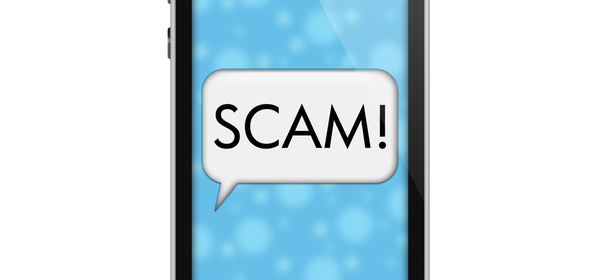Have you received a text message from ‘Woolworth’ offering you a $500 voucher? If you have, hopefully you deleted it without being tempted to click on the included link.
It’s just one example of a SMishing (SMS phishing) scam, similar to an email phishing scam only sent by SMS. They can be sent by banks asking you to confirm information, stores offering you a voucher or deal, companies giving you the chance to earn money from home and even unknown potential paramours offering, well, you can imagine what they would be offering.
Each SMS will include a link, which usually takes you to a compromised site or some may ask for personal information. With so many companies, such as banks, dentists, GPs and parcel delivery firms using SMS for genuine notifications, it’s easy to fall foul of the unauthorised versions.
SMishers play on the fact that people trust SMS more than their email, simply because such types of SMS scams are less well known, whereas email phishing scams have been happening for years.
So, even if you receive an SMS for the supermarket you shop at, or your bank, if you’re asked to click on a link, don’t. Contact the supposed sender via a contact number located on its website and ask if they have indeed sent an SMS.
You may also wish to check out the company’s Facebook page or social media feed, as this is often how it gets the message out that there’s a scam being perpetuated in its name. Or, check out the ACCC Scamwatch website to see if your particular scam has been reported.
What’s the last known phishing or SMishing scam you’ve been aware of?
Related articles:
Dodgy internet pop up scams
Little Black Book of Scams

